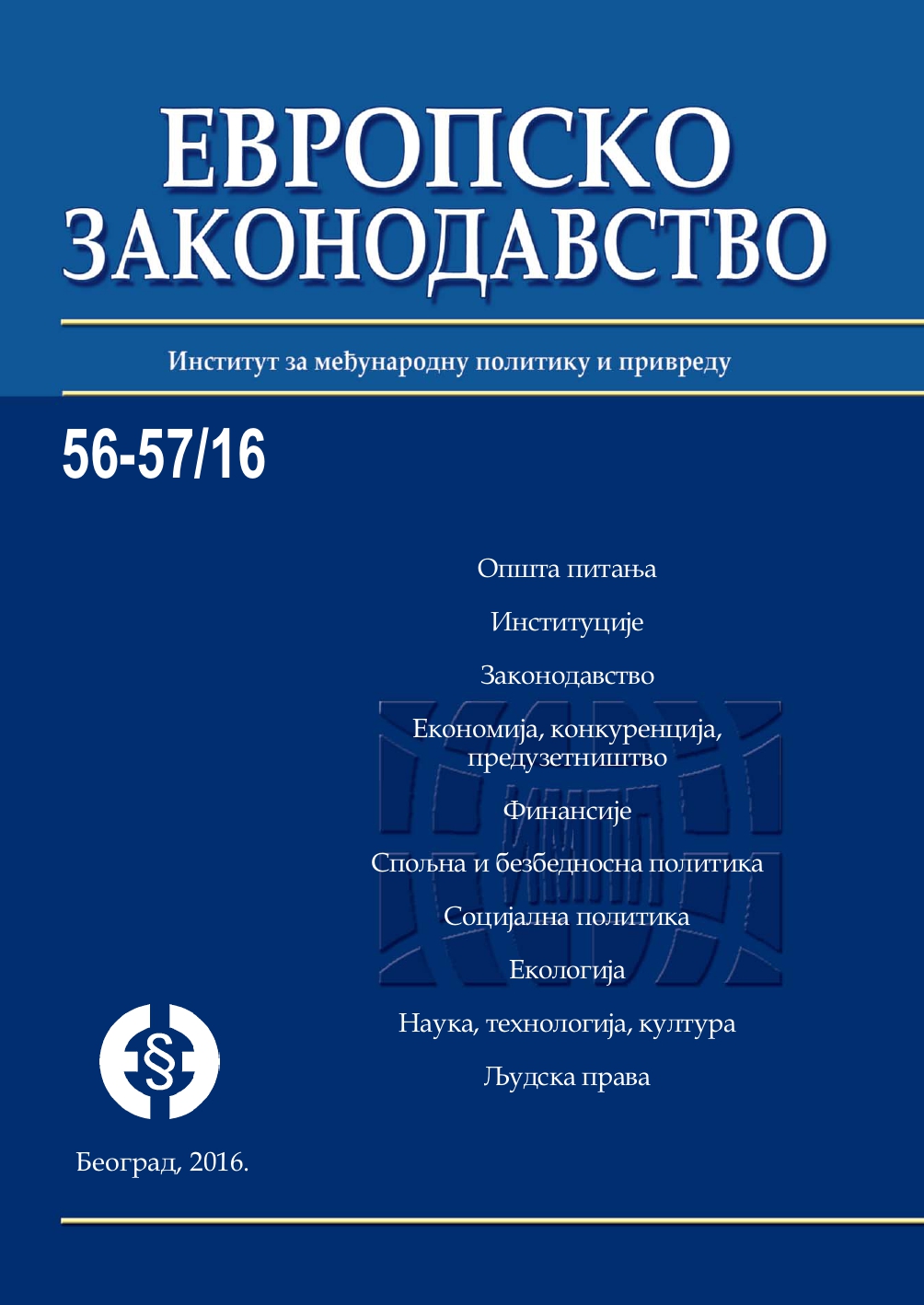Економски аспекти спречавања прања новца
Economic aspects of money laundering prevention
Author(s): Pero Petrović, Marina ProtićSubject(s): Economy, Criminal Law
Published by: Институт за међународну политику и привреду
Keywords: European Union;criminal action;money laundering and terrorism financing;FATF recommendations;III EU Directive;banks
Summary/Abstract: Money laundering is the legalization of funds raised through criminal activities or financial transactions in order to disguise their origin. Participants in money laundering generally use a variety of financial transactions to disguise the true origin of the money with the aim to ensure their illegally acquired capital. The money that comes from illegal flows is often "laundered", and as such, it is frequently used in commercial and financial transactions, as well as for investment in the financial markets. Money laundering in Serbia, unfortunately, becomes more frequent and appears in many modalities. Basic modalities include: exchange or sale of assets raised from the performance of illegal activities; concealing the illegal origin of the money; concealment of assets acquired by unlawful activities (for example, during the ownership transformation and privatization of companies, i.e. illegal ownership transformation of social and state capital). In the present paper, we have reviewed the economic aspects of the prevention of money laundering and European standards in this area.
Journal: Европско законодавство
- Issue Year: 2016
- Issue No: 56-57
- Page Range: 125-140
- Page Count: 17
- Language: Serbian

